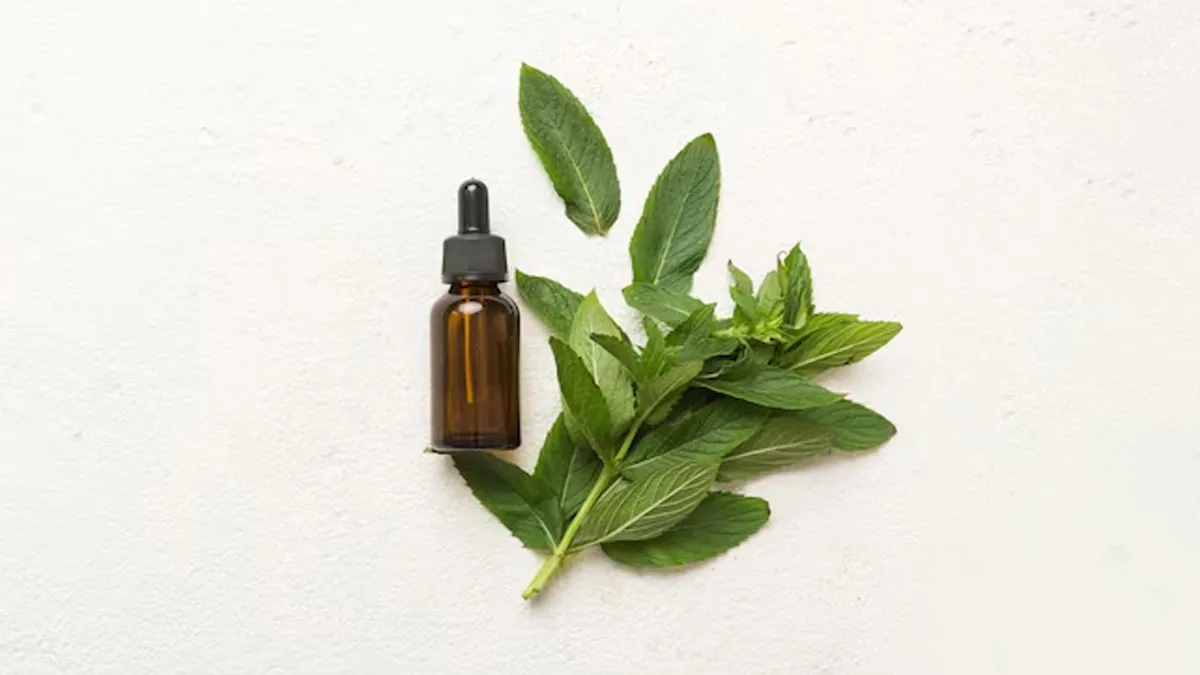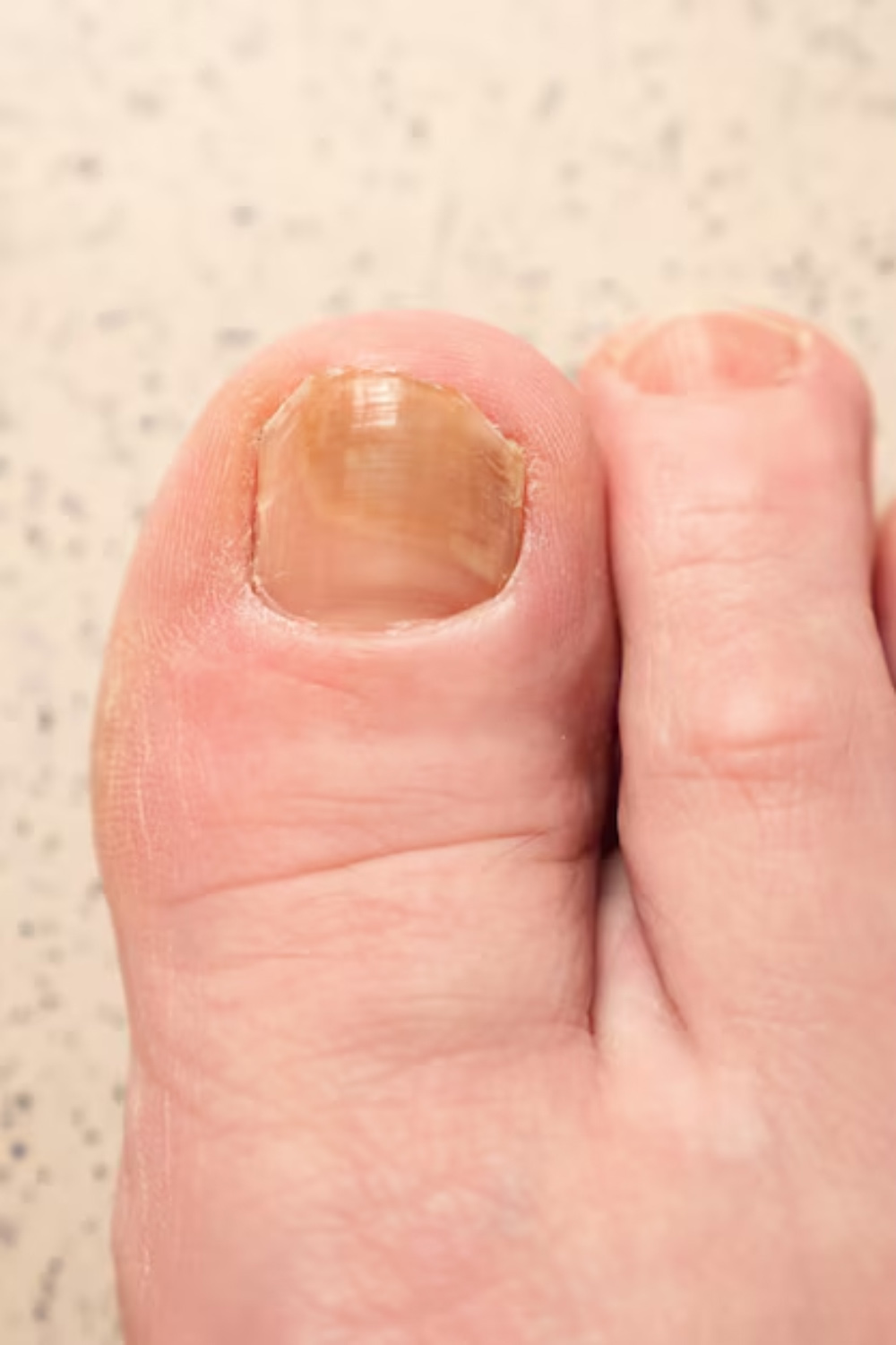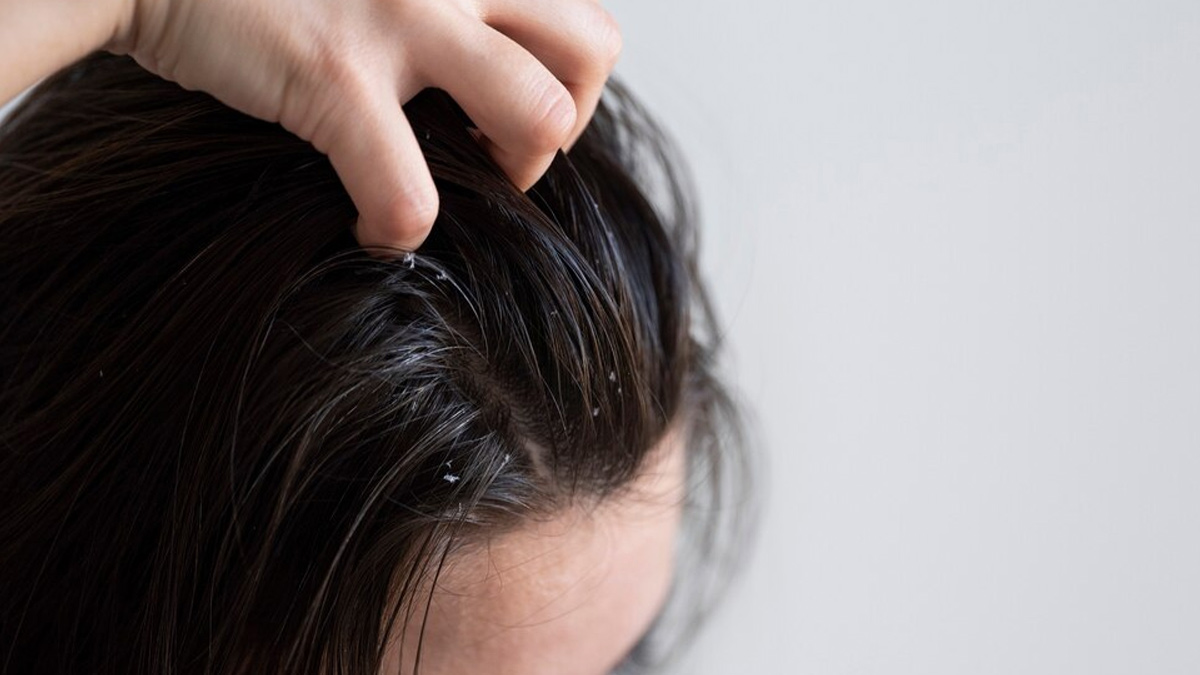
Tea tree oil, derived from the leaves of the Melaleuca alternifolia plant, is a natural remedy renowned for its antimicrobial and anti-inflammatory properties. Widely used in skincare and alternative medicine, this essential oil is particularly effective against acne, athlete’s foot, and various skin infections.
Table of Content:-
Tea Tree Oil for Acne
Acne is a common skin condition caused by clogged pores, excess sebum, and bacterial infections, particularly involving acnes (now known as Cutibacterium acnes). Tea tree oil is known for its ability to fight bacteria, reduce inflammation, and control oil production.
A study published in the National Library of Medicine compared the efficacy of 5% tea tree oil gel with 5% benzoyl peroxide lotion in 124 acne patients. While both treatments significantly reduced the number of acne lesions, tea tree oil had fewer side effects such as dryness and irritation, making it a gentler alternative.
To use tea tree oil for acne, dilute a few drops with a carrier oil (such as jojoba or coconut oil) and apply it directly to affected areas. Alternatively, tea tree oil-infused face washes and creams offer a convenient solution for daily use.
Tea Tree Oil for Athlete’s Foot
Athlete’s foot, or tinea pedis, is a fungal infection that causes itching, redness, and peeling skin, usually between the toes. Tea tree oil’s antifungal properties make it an effective treatment for this condition.
A study examined the effects of tea tree oil in 158 patients with athlete’s foot. Participants who applied a 50% tea tree oil solution experienced significant improvement, with 64% achieving complete resolution of symptoms. The study concluded that tea tree oil was comparable to conventional antifungal treatments.
For treating athlete’s foot, mix a few drops of tea tree oil with coconut oil and apply it to the affected area twice daily. Adding tea tree oil to a foot soak or using tea tree oil-based antifungal powders can also help prevent recurrence.
Also read: DIY Tea Tree Oil Serum: Your Natural Defense Against Monsoon Acne
Tea Tree Oil for Other Infections
Beyond acne and athlete’s foot, tea tree oil is effective against bacterial, fungal, and viral infections:
1. Nail Fungus

Nail fungus (onychomycosis) is notoriously difficult to treat. A study found that applying pure tea tree oil daily for six months improved symptoms in 60% of patients.
2. Dandruff and Scalp Infections
Tea tree oil’s antifungal properties make it effective against dandruff caused by Malassezia yeast. A 2002 study in the Journal of the American Academy of Dermatology found that a 5% tea tree oil shampoo reduced dandruff severity by 41%.

3. Minor Cuts and Wounds
Tea tree oil’s antiseptic nature can help prevent bacterial infections in minor cuts and wounds. Applying diluted tea tree oil to a wound can accelerate healing and reduce the risk of infection.
Also read: Tea Tree Oil For Skin: Benefits and Tips To Use
Precautions and Usage Tips
While tea tree oil is a powerful natural remedy, it should be used with caution:
- Always dilute tea tree oil with a carrier oil before applying it to the skin to prevent irritation.
- Conduct a patch test before use, especially for those with sensitive skin.
- Avoid ingesting tea tree oil, as it can be toxic when swallowed.
- Keep tea tree oil away from pets, as it can be harmful to them.
Conclusion
Tea tree oil is a versatile, natural remedy with strong antibacterial, antifungal, and anti-inflammatory properties. Scientific studies have demonstrated its efficacy in treating acne, athlete’s foot, and other infections. With proper usage and precautions, tea tree oil can be a safe and effective addition to skincare and wellness routines.
Also watch this video
How we keep this article up to date:
We work with experts and keep a close eye on the latest in health and wellness. Whenever there is a new research or helpful information, we update our articles with accurate and useful advice.
Current Version